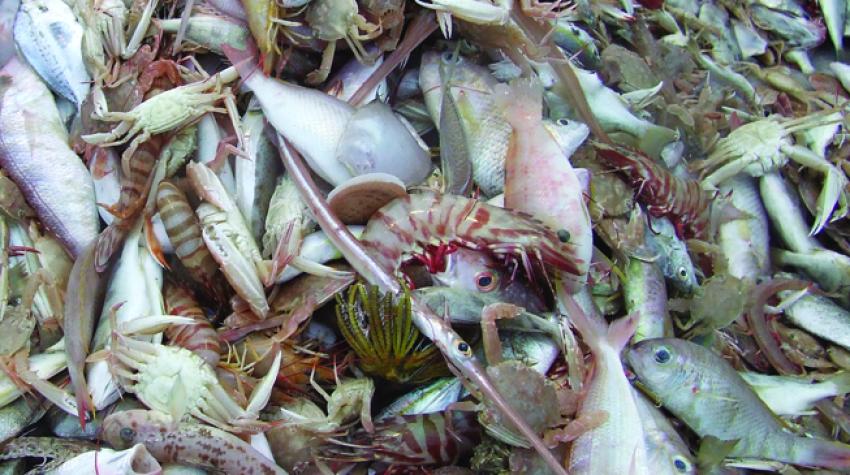
Making the Ocean a Partner in Our Quest for a Sustainable Future
Nowadays, about 120 million people depend on commercial fisheries for their livelihoods, and nearly 90 per cent of them work in small-scale fisheries in developing countries, especially in Africa and Asia. They are among the poorest communities in the world, and they risk being further marginalized if we fail to recognize the importance of small-scale fisheries.
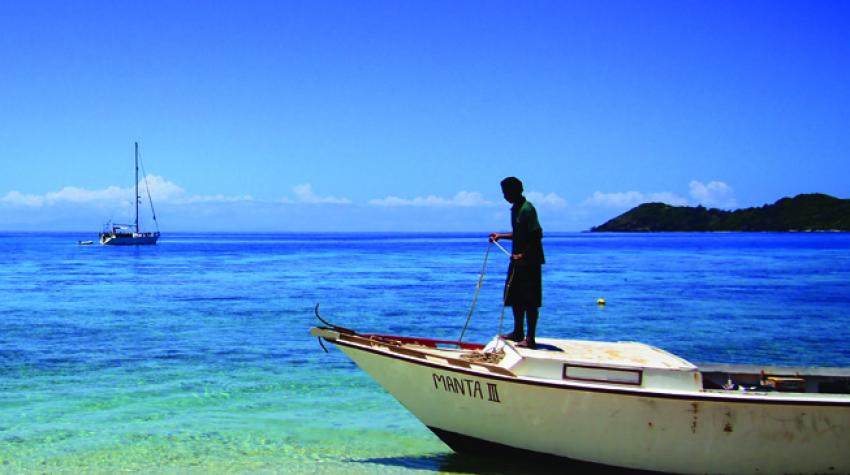
The Ocean Conference: A Game-Changer
The Ocean Conference will be humanity's first universal moment of accountability to remedy the woes we have put upon the Ocean. We will come out of the Conference armed with a broad set of partnerships, commitments and measures to be put into action.
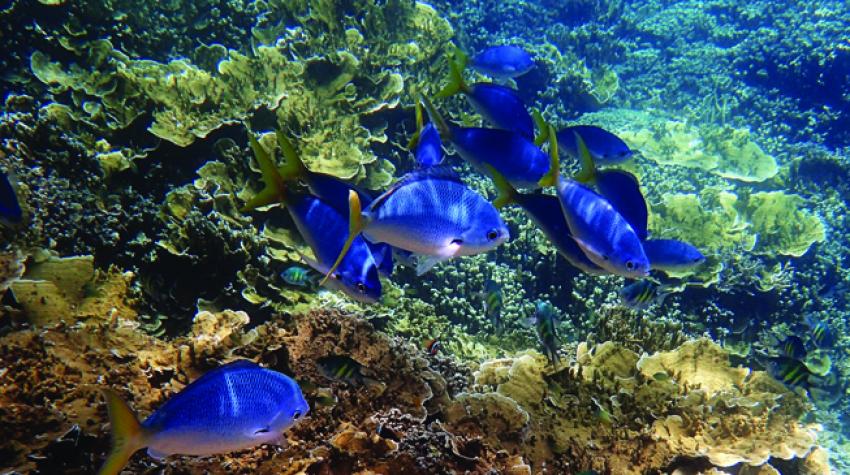
Protecting the Coral Sea-the Cradle to the Great Barrier Reef
Australia has a lot at stake as steward of the world's third-largest marine territory and some of the most diverse marine life on Earth. Our continent rises from the junction of three major oceans and contains tropical, temperate and subantarctic ecosystems, with much of our marine life found nowhere else.
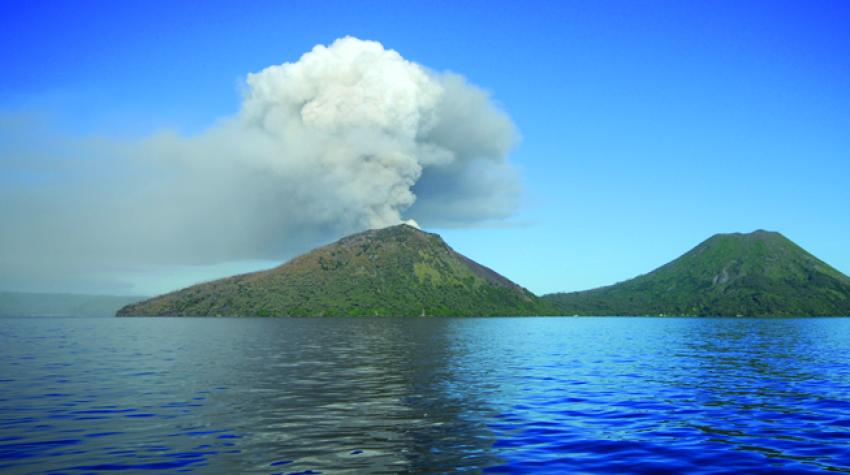
A Sea of Islands: How a Regional Group of Pacific States Is Working to Achieve SDG 14
The health of our oceans is fundamental to the health of our planet. Ninety-eight per cent of the area occupied by Pacific Island countries and territories is ocean. We sometimes refer to ourselves as Big Ocean Stewardship States in recognition of this geography. The Pacific Ocean is at the heart of our cultures and we depend on it for food, income, employment, transport and economic development.

Global Marine Governance and Oceans Management for the Achievement of SDG 14
Scientists are seeing greater and faster change, with more rapid declines in ocean health than had been previously anticipated. Today we live in an age of a changing climate, and no part of the ocean is unaffected by human influence.
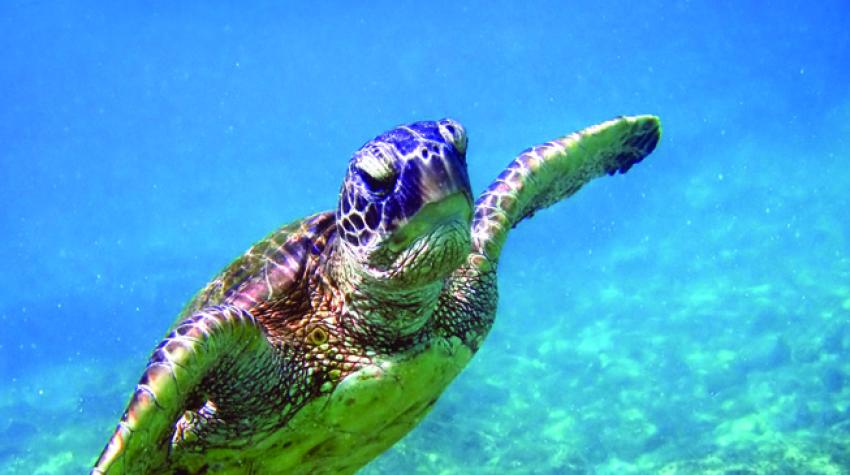
Engaging Youth to Conserve Coastal and Marine Environments
As a young entrepreneur once myself, my journey with Planeta Océano has allowed me to witness the huge potential of young people in conservation and sustainable development. It has shown me the importance of engaging youth not only as participants and collaborators, but also as genuine strategic partners.

Climate Change Poses a Threat to Our Oceans
Oceans, however, happen to be borderless and are also unevenly distributed across the planet. We cannot protect our share of the ocean with walls; instead, we must cooperate in a spirit of solidarity if we are to succeed in preserving and protecting the water that we have at our joint disposal. We must work together with our closest neighbours and cooperate at a global level, between countries.
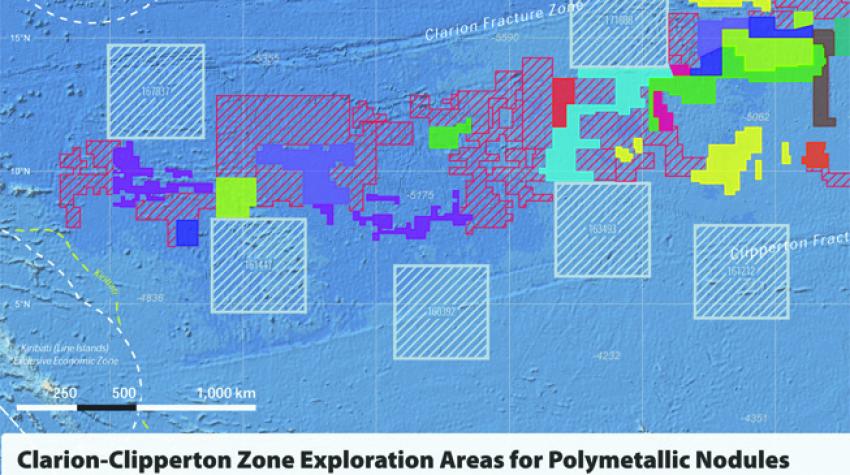
The International Seabed Authority and Deep Seabed Mining
The deep ocean below 200 metres is the largest habitat for life on Earth and the most difficult to access. The sea floor, just like the terrestrial environment, is made up of mountain ranges, plateaus, volcanic peaks, canyons and vast abyssal plains.
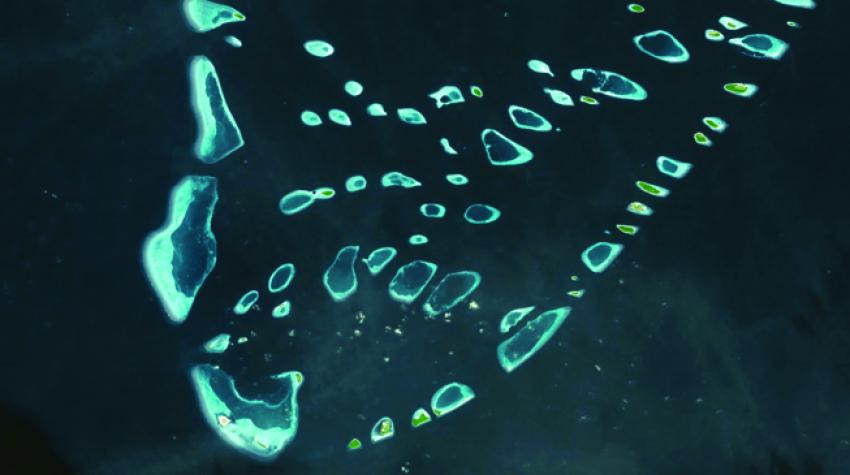
Protecting Small Island Developing States from Pollution and the Effects of Climate Change
There are few more powerful symbols of the international community's shared past and future than the ocean. From the earliest human migrations, it carried our ancestors to new continents, brought civilizations together, and opened the world to exploration and trade. It also connects us ecologically.

Achieving SDG 14: the Role of the United Nations Convention on the Law of the Sea
Oceans contribute to poverty eradication by providing opportunities for sustainable livelihoods and decent work. Over 3 billion people depend on marine and coastal resources as a means of support. In addition, oceans play a crucial role in the achievement of global food security, as well as human health and well-being.

Marine Biodiversity and Ecosystems Underpin a Healthy Planet and Social Well-Being
Marine biodiversity, the variety of life in the ocean and seas, is a critical aspect of all three pillars of sustainable development—economic, social and environmental—supporting the healthy functioning of the planet and providing services that underpin the health, well-being and prosperity of humanity.
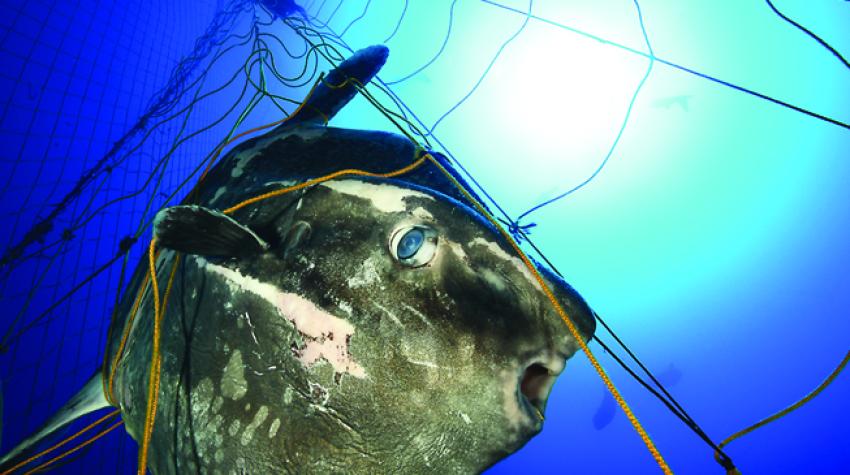
Maintaining Healthy Ocean Fisheries to Support Livelihoods: Achieving SDG 14 in Europe
The problems of ocean space are closely interrelated and need to be considered as a whole. So says the preamble to the United Nations Convention on the Law of the Sea-and never were those words more apt than in relation to the challenges we face today.
